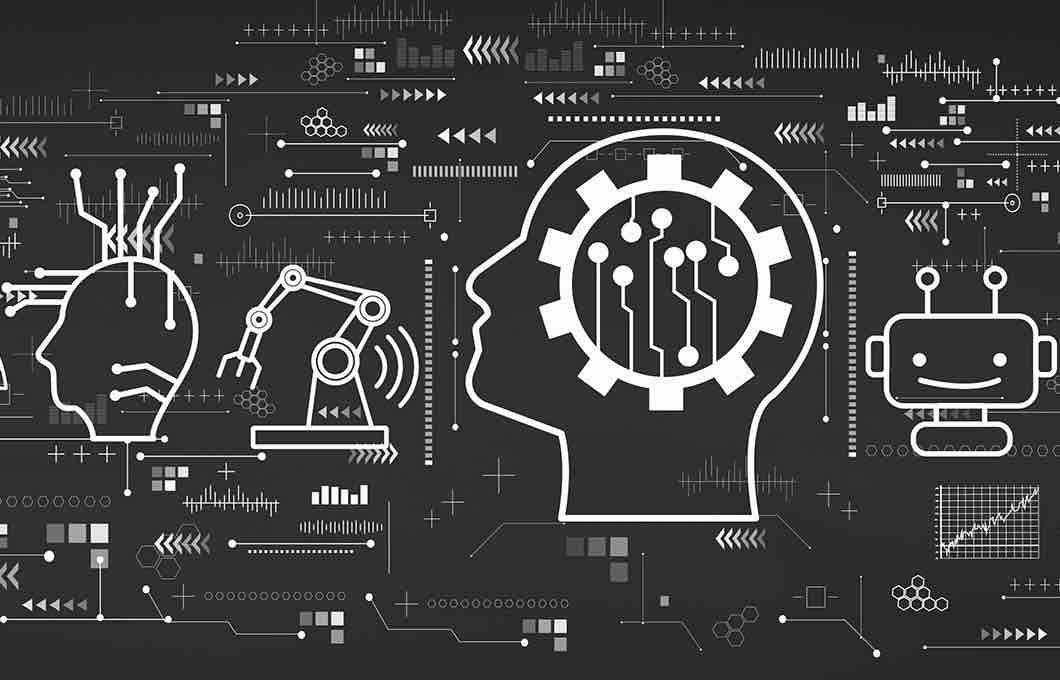Rise by Six: Your Daily Dose of Inspiration
Explore insights and stories that elevate your day.
Are Machines Plotting to Take Over Your Job?
Discover if your job is at risk! Explore the shocking truth about machines taking over the workforce and what it means for you.
The Rise of Automation: Will Your Job Survive the Next Decade?
The rise of automation is reshaping industries at an unprecedented pace. As advanced technologies like artificial intelligence and machine learning are integrated into various sectors, a significant question arises: will your job survive the next decade? Many traditional roles are becoming obsolete due to the efficiency and cost-effectiveness of automated solutions. For instance, jobs in manufacturing, customer service, and data entry are particularly vulnerable, as machines can perform these tasks faster and with fewer errors. The World Economic Forum predicts that by 2025, machines will displace 85 million jobs, while simultaneously creating 97 million new roles that focus more on human skills like creativity, emotional intelligence, and problem-solving.
However, not all jobs are at equal risk. Positions that require a high level of critical thinking, interpersonal skills, or creativity are likely to thrive in an automated world. To adapt, workers must invest in continuous learning and skill development. Embracing technology rather than fearing it can lead to new opportunities and career paths. Here are a few strategies to consider:
- Upskill: Take courses in technology and data analysis.
- Network: Connect with industry professionals to stay informed about market trends.
- Be adaptable: Keep an open mind about new roles or industries that emerge.
By proactively preparing for the changes brought by automation, you increase your chances of not just surviving but thriving in the evolving job market.

How AI and Machines Are Changing the Job Market: What You Need to Know
The integration of AI and advanced machines into the workplace is redefining the job market in unprecedented ways. While some traditional roles are becoming obsolete, new opportunities are emerging as businesses adapt to these technological advancements. For instance, sectors such as healthcare, finance, and manufacturing are leveraging AI to enhance efficiency and productivity. Consequently, this shift requires the workforce to adapt by acquiring new skills that complement these technologies rather than compete against them.
Moreover, it's essential to understand that the evolving job landscape is not merely about job displacement; it also presents avenues for innovation and growth. According to recent studies, AI is expected to create millions of jobs in fields such as data analysis, machine learning, and AI ethics. As companies increasingly rely on machines to handle repetitive tasks, employees can focus on more strategic and creative responsibilities. To succeed in this changing environment, professionals must prioritize continuous learning and adaptability, positioning themselves to thrive in a tech-driven world.
Are Robots Replacing Humans? Understanding the Future of Work
The question, Are robots replacing humans?, is one that generates significant debate in today's rapidly evolving technological landscape. As artificial intelligence (AI) and automation technologies continue to advance, many industries are facing transformations that could reshape the traditional workforce. Tasks that were once performed exclusively by humans, such as manufacturing, data entry, and even customer service, are increasingly being handled by robots and AI systems. While this shift offers efficiency and cost savings, it also raises concerns about job displacement and the future role of humans in the workplace.
Understanding the future of work involves analyzing both the benefits and challenges presented by this technological shift. On one hand, automated processes can lead to increased productivity and precision, allowing businesses to focus on more complex and creative tasks. On the other hand, workers in roles susceptible to automation may face job insecurity and the need for retraining. Experts emphasize the importance of adapting to these changes by investing in education and skills development, ensuring that the workforce remains relevant in a world where robots increasingly play a crucial role.